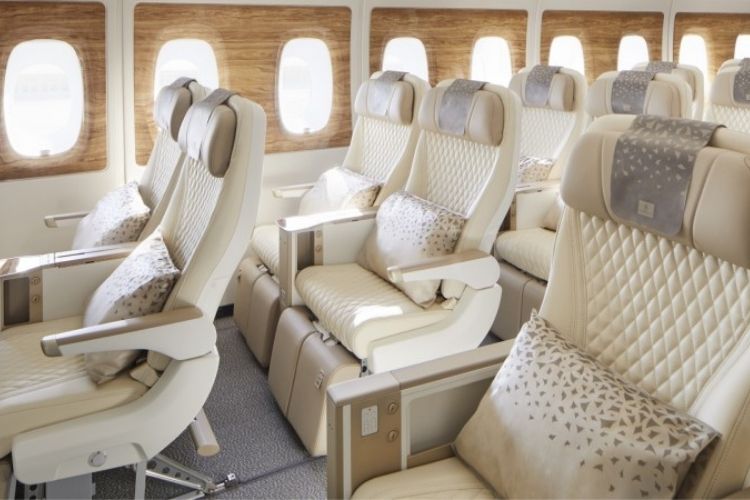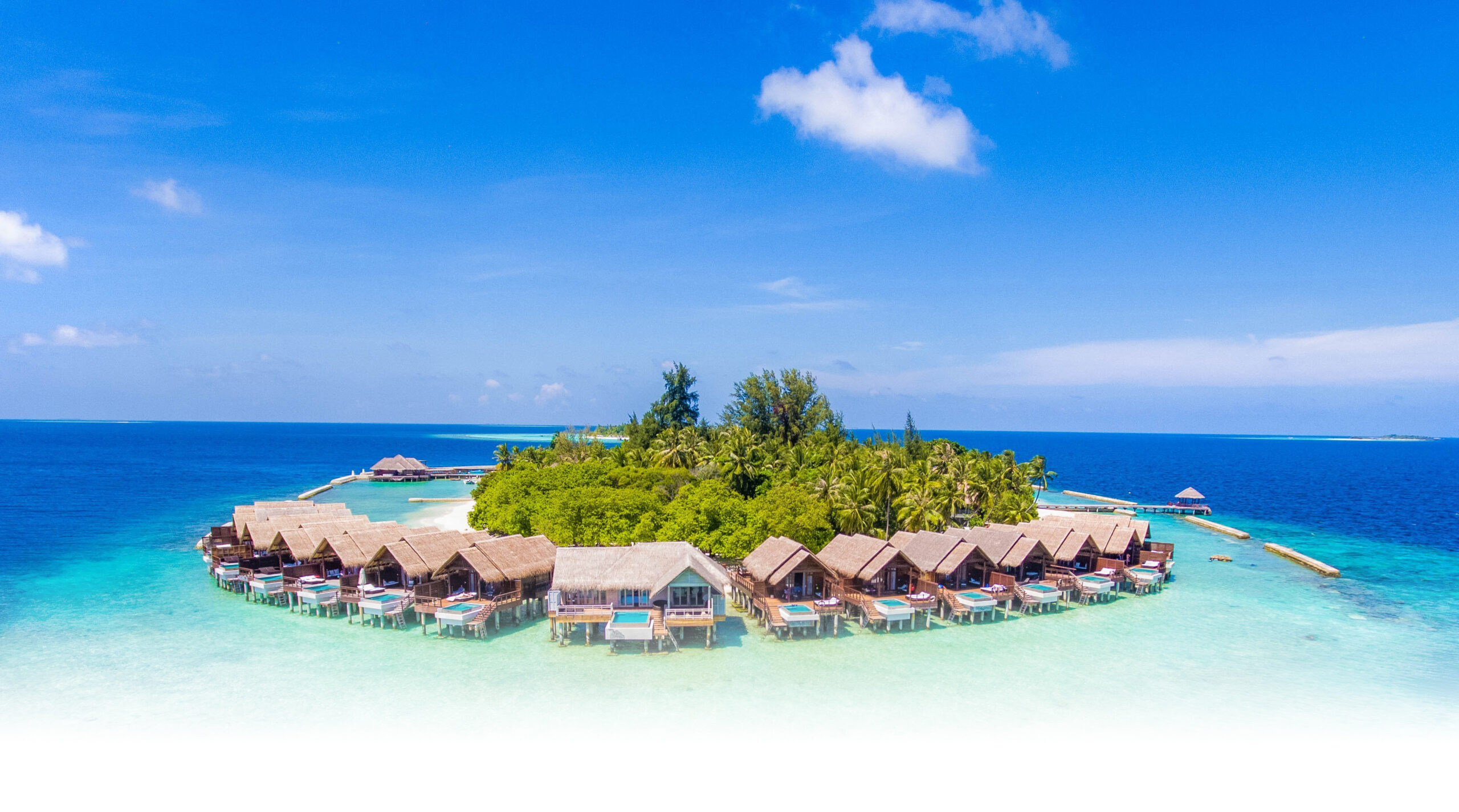Emirates is showcasing the UAE’s remarkable growth in its vaccination programme with a special flight. According to a press release by Emirates, the flight will carry only fully vaccinated crew and passengers onboard.
Emirates announced that on 10th April 2021, special flight EK2021 will depart Dubai International Airport at 12:00hrs local time, to cruise over various areas across the UAE. The flight will return to Dubai at 14:30hrs (local time).
The one-off flight EK2021 is a unique event that celebrates the success of the UAE’s vaccination programme to date. Furthermore, the event also highlights Emirates’ progress in vaccinating its staff and in particular its pilots and cabin crew.
In addition to that, Tickets for flight EK2021 will be available to UAE citizens and residents who completed the two week period after their second dose of the COVID-19 vaccine. Tickets can be purchased from the Emirates contact centre, Emirates sales offices in the UAE, as well as local travel agents. Tickets are priced at AED 1,000 per person in Economy and AED 2,000 in Business Class.
Customers can visit https://www.emirates.com/ae/english/about-us/get-on-board-ek2021/ for more information about the flight and to check the special terms and conditions.
According to Emirates, all fares collected for this special flight EK2021 will be donated to the Emirates Airline Foundation, the airline’s non-profit charity organisation which supports projects around the world aimed at improving the quality of life for disadvantaged children.
Passengers will have the opportunity to experience Emirates’ newest A380 aircraft which features the airline’s brand-new Premium Economy seats and refreshed cabin interiors across all cabin classes.
The Emirates A380 remains a customer favourite for its unmatched comfort and spaciousness. From the award-winning ice inflight entertainment experience to the iconic A380 Onboard Lounge service for Business and First Class passengers, from a full-course gourmet meal in all classes to the friendly Emirates cabin crew, flyers can expect the full Emirates experience on board this special flight.
Passengers travelling on EK2021 will also be able to experience all of Dubai International Airport’s services and amenities on the ground before boarding.
Feature image by Emirates







